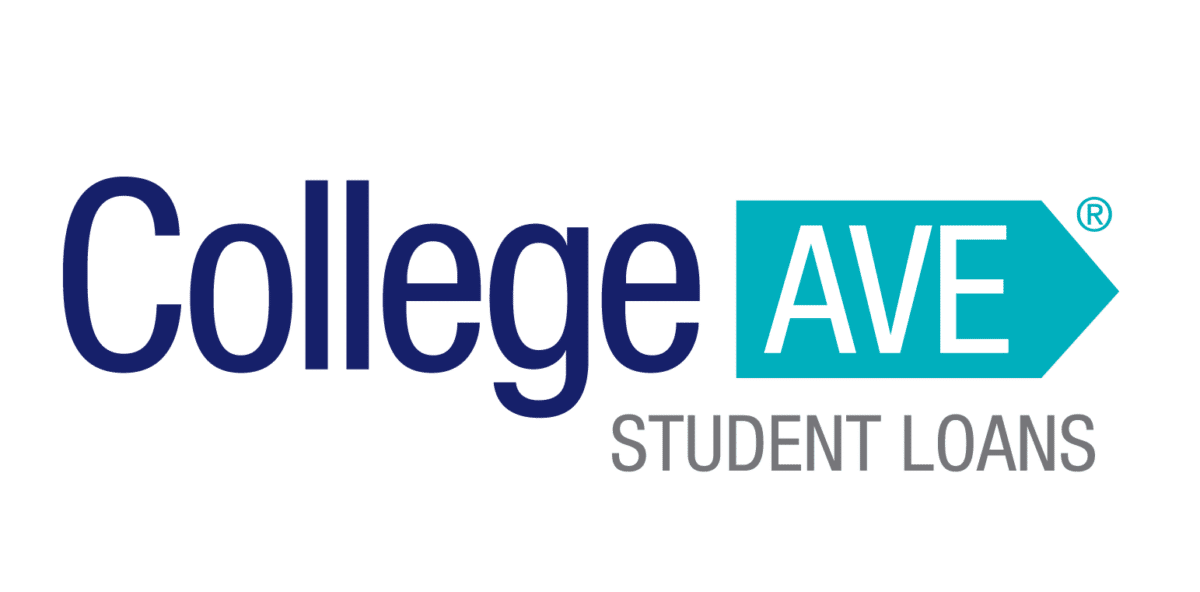
The Arthur A. Dugoni School of Dentistry at the University of the Pacific (also known as UoP Dental School) offers a unique program in the marketplace. You can attend for only three years and get your dental degree compared to the four years of education most other schools require.
According to readers who attended Pacific, school officials often tout that this shorter program allows you to add another year of income onto your lifetime total at the end of your career, resulting in a huge windfall. However, is that really the case, or is that just marketing?
Get Started With Our New IDR Calculator

How much does the Dugoni School cost?

Here’s the different line items listed on the school’s website. I added an estimate for health insurance based on what I could find for other dental schools in California since I didn’t see it listed.
| University of Pacific Dugoni School cost | First year | Second year | Third year |
|---|---|---|---|
| Tuition | $114,780 | $114,780 | $114,720 |
| Fees | $8,411 | $9,405 | $10,621 |
| Kit | $11,624 | $2,383 | $0 |
| Books and Supplies | $2,900 | $800 | $800 |
| Rent | $20,808 | $20,808 | $20,808 |
| Food | $6,408 | $6,408 | $6,408 |
| Transportation | $1,608 | $1,608 | $1,608 |
| Personal/Misc | $3,216 | $3,216 | $3,216 |
| Health Insurance | $2,000 | $2,000 | $2,000 |
| Total | $171,695 | $161,348 | $160,181 |
If you sum all three years, the cost of attendance for the Dugoni School would be $493,224. However, that’s not the full cost.
True cost of the Dugoni School
Is the cost of UoP Dental School the list price or what you’ll actually leave with in debt if you attend?
To the above, we need to add inflation. After all, generally the price level goes up by 2 to 4 percent historically. Tuition tends to advance faster than that.
Additionally, you have to pay origination fees on the above amounts. Since you can only use $40,500 of Stafford Unsubsidized loans in a calendar year, the majority of the above balances go to Grad PLUS loans. A Stafford Unsubsidized Loan has an upfront fee of about 1.06 percent. The Grad PLUS fee is about 4.25 percent of the amount borrowed.
On top of that, interest accrues on the balance every year. So the 6.6% Stafford and 7.6% Grad PLUS rates pile up the accrued interest balance.
For the second year, we can multiply $161,348 by 1.03, and for the third year’s $160,181, we can multiply by 1.03 squared. Let’s take 3 percent as an average loan fee. We’ll assume the average interest rate is 7%, and the interest costs for the first year accrue for three years, the second year for two years, and the third year for one year. Here’s the loan amount you’ll leave with and what year it would be attributed to:
| Adjusted for loan costs, inflation | Cost |
|---|---|
| First year | $213,983 |
| Second year | $195,138 |
| Third year | $187,286 |
| Projected loan total | $596,408 |
The Dugoni School compared to others
It’s clear that a very expensive three-year program is a better deal compared to a very expensive four-year program like the one at the University of Southern California. Why? Because you get to earn a salary for the fourth year as a Pacific dental school grad.
However, what if you went to the UCLA dental school and kept your costs low? Imagine you graduated with a modest $350,000 of student debt. Which path would be better?
Assume you grow your income as a dentist to $200,000 while starting off as an associate at $120,000. We’ll pretend you have an identical twin with the same earnings. One of you goes to UoP Dental School and comes out with $600,000 in debt. The other goes to UCLA and leaves with $350,000.
Here’s the resulting cost. Notice the only thing that’s different is the tax bomb amount. Both of you use the Pay As You Earn (PAYE) plan to have your loans forgiven and pay a tax bomb in 20 years.
While the nominal difference is about $240,000, the real disparity is the difference of the cost in today’s dollars. That converts the far away tax bomb into today’s dollars at a 5% interest rate assumption (moderate rate of return for a retirement account or practice investment).
Then the real cost difference is about $80,000 in after tax dollars.
According to a paycheck calculator I used, if you have a pretax salary of $120,000, that’s equivalent to about $80,000 after tax. That’s almost precisely the difference between the Pacific Dugoni School and the UCLA dental school.
Does going to the Dugoni School add a year of high earnings to your career?
Pacific students have told me about the admissions pitch — that attending Pacific adds a year of your terminal earnings. How accurate is that?
According to the U.S. Census Bureau, the average salary for a dentist in California in May 2017 was $157,890. If you’re an admissions officer telling students something, you should probably reflect on what happens to dentists in your state on average.
Because of the high level of competition among dentists in California, the average dentist graduating would be lucky to make $200,000 in today’s dollar terms in the tail end of their career.
However, you can’t discount the future by inflation only. Companies certainly don’t do that. They use a high rate to reflect a risk premium. For example, you might die earlier than expected, or perhaps you’ll quit dentistry and change professions. For that reason, you need to discount that future salary at a higher rate.
So, even if you added a year to your earnings at the highest part of your career, the fact that this year happens decades from now makes the relevant comparison for more dentists the extra year of earnings you get in your 20s, not in your 50s.
I believe the “add a year of high earnings” pitch is just a marketing ploy to enroll students.
Practice Loan Quote Form
Where the Pacific dental school has a point
The value of starting your career a year earlier in exchange for a much higher cost degree actually has merit in today’s messed up world of higher education loan policy.
The hypothetical twin dentists from before pay the exact same amount of money over 20 years if they use a loan forgiveness strategy. In fact, the Pacific grad gets her loans forgiven a year earlier since she starts repayment sooner.
That means the only benefit from not going to Pacific would be if you could get in-state tuition that you could actually afford to pay back. If you can attend a low-cost public school, you would clearly be better off taking that path over Pacific.
However, if you’re attending a dental school with a middle of the pack cost, realize you’ll probably be pushed into seeking forgiveness anyway.
Get help for your Pacific Dugoni School loans
Whether you owe $400,000 after living in a house with nine roommates or $1 million from going to Pacific dental school followed by a USC residency program, we’re the world’s top experts in navigating dental school debt.
As a Pacific grad, you probably need to utilize forgiveness strategies. If you also happen to live in California, you might even need to consider the breadwinner loophole to maximize your repayment cost.
Continue checking out our free content for dentists (we have a category specifically for you in the sidebar), or hire us and we’ll figure it out for you.
| Lender Name | Lender | Offer | Learn more |
|---|---|---|---|
| Sallie Mae |

|
Competitive interest rates.
|
Fixed 4.50 - 15.69%
Variable 6.37 - 16.78%
|
| Earnest |

|
Check eligibility in two minutes.
|
Fixed 4.67 - 16.15%
Variable 5.87 - 18.51%
|
| Ascent |

|
Large autopay discounts.
|
Fixed 4.09 - 14.89%
Variable 6.22 - 15.20%
|
| College Ave |

|
Flexible repayment options.
|
Fixed 4.07 - 15.48%
Variable 5.59 - 16.69%
|

My question was more about the quality of the teaching in comparison to UCLA or USC school of dentistry…I see that you are an expert in dollar value of dentistry…but another very important point for me as a patient …is : Am I in good and safe hand picking a dentist from Pacific School of dentistry ?
or is it all about big $$$$ ?
You seem to forget that fundamentally you are doctors in that field, so healers right ? yes money is important…but are you forgetting the most important part of the equation : the PATIENT ?
If it is money that obsess you why not choosing finance, at least
you would be swimming in your true element, no ?
I think schools definitely think about revenue and expenses a lot, and unfortunately higher education is definitely a big business. I can’t speak to the quality of teaching at the institutions you mentioned, but I know that dentists I speak with wouldn’t say one makes someone uniquely qualified compared to a dentist graduating from another school.
About the University, will undergrad students of the Pre Dental Advancement program (3+3) have a choice whether or not to attend Arthur Dugoni Dental School?
You always have a choice once you have a bachelor’s degree first, which theyre required to give to you at some point I assume before you sign up for it.
I’m a sophomore in high school right now, and I want to become an orthodontist. I was looking through the UoP pre-dental programs and was wondering what the difference between the 2+3 and the 3+3 program if they both provide undergraduate study and three years of study in the professional program. Without thinking of the costs and the fees, which program would be more beneficial to me? Or can you recommend me some other ways to become an orthodontist? (for example, other programs from other schools)
Well the fastest way to become an orthodontist is to go through a program with the shortest length like UoP but youll owe a whole lot in student debt, probably $800,000 by the time you graduate if you have no financial support
Also, what’s the difference between the 2+3 and the 3+3 program?
I’m not familiar w the difference bw them sorry!
I’m looking forward for the doctor of dental surgery program & my plan is to taster to the UOP. Do you know how long will it take to complete the major?